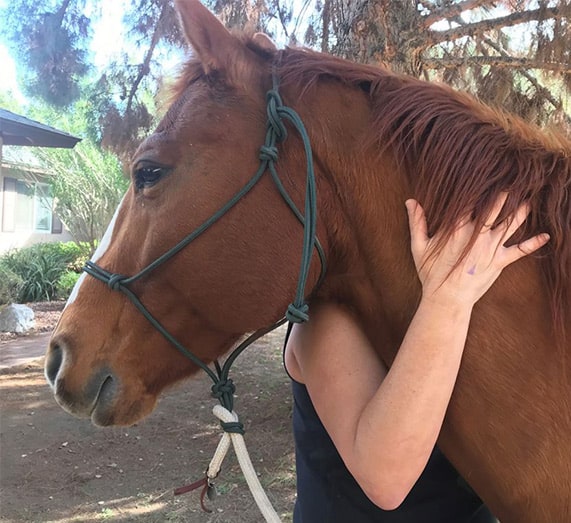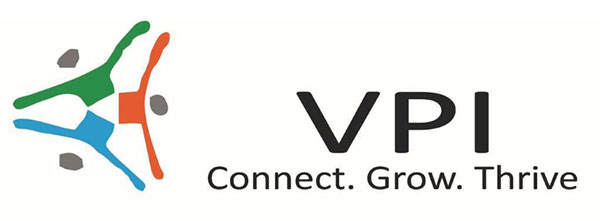Outcomes
Residential Treatment Centers for Girls
Outcomes
Clinicians assess each student’s level of functioning using the Child and Adolescent Functional Assessment Scale (CAFAS).
Child and Adolescent Functional Assessment Scale
The CAFAS assesses a youth’s level of functioning using eight subscales: School/Work, Home, Community, Behavior Toward Others, Moods/Emotions, Self-Harmful Behavior, Substance Use and Thinking (reflective of thought problems). Each student is measured using the CAFAS upon intake and subsequently measured quarterly and at discharge. The CAFAS is a widely used measure of functional impairment in youth. The CAFAS was developed in 1989 with the aim of assessing impairment in youth that is secondary to emotional, behavioral, psychological, psychiatric or substance abuse problems (Hodges, Xue, & Wotring, 2004). The CAFAS scale is considered a suitable measure for assessing change in the functioning of a variety of youth receiving services and is sensitive to multiple clinical presentations (Hodges, et al., 2004). The scale is a psychometrically sound with reliability studies demonstrating that the CAFAS has satisfactory internal consistency and interrater reliability (Hodges & Wong, 1996).

